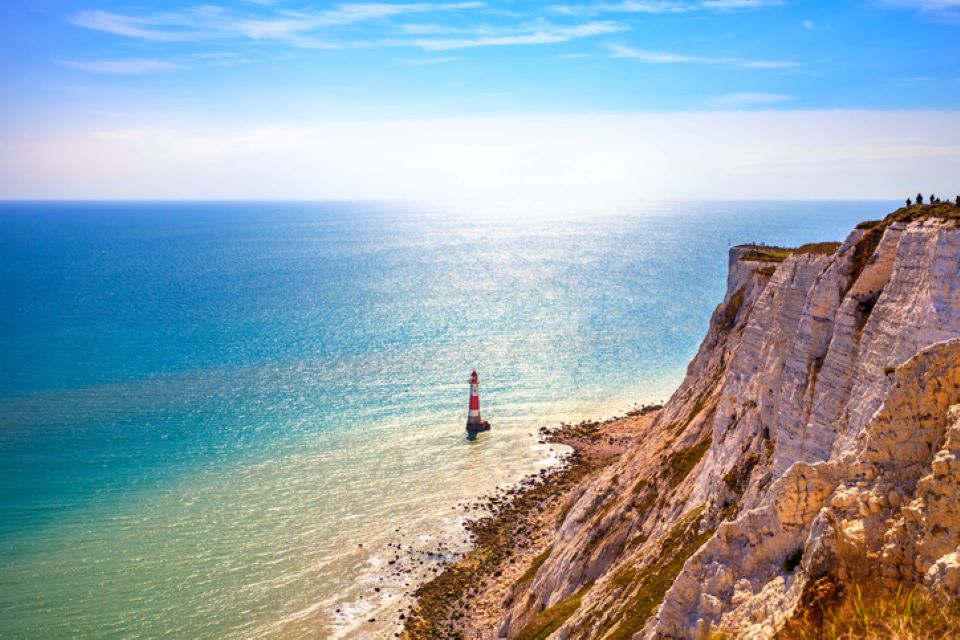Marine aggregates, scientific research and saltmarsh restoration feature in the latest applications granted by the MMO Marine Licensing team.
Aggregate dredging in Area 1806

Hanson Aggregates Marine Limited applied for a marine licence to dredge marine aggregates at Area 1806, south-southeast of Beachy Head in the East English Channel Region.
The licence allows Hanson Aggregates to dredge marine aggregates for 15 years and extract a maximum of 1 million tonnes of aggregate in any 12-month period. The total permitted extraction over the 15-year term of the licence is 15 million tonnes.
The extraction of aggregates uses trailer suction hopper dredgers and cargo screening will be employed.
Marine aggregates are crucial to the construction industry as they are used for building houses and transport infrastructure and are also important to the marine environment through replenishing beaches and improving coastal defences.
Marine aggregate extraction has wider environmental benefits as it reduces both quarrying on land and lorry deliveries over large distances. Due to cargo screening, it is also possible to extract different sediments based on customer demand.
New footbridge at Stiffkey Saltmarsh

The National Trust applied for a marine licence to construct a replacement footbridge over Cabbage Creek at Stiffkey Saltmarsh on the Norfolk Coast Path.
There has been a crossing at the location since the late 19th century. The new footbridge will replace the former bridge that had fallen into disrepair and had to be removed in 2022.
Stiffkey Saltmarsh is a valuable habitat and has several protected site designations as well as being an area of outstanding natural beauty. The new footbridge is designed to be unobtrusive to the surrounding environment while also providing safe access for everyone to enjoy the saltmarsh. The crossing will also remove the risk of visitors becoming cut off by high tides and requiring evacuation.
The marine licensing team worked with the applicant to ensure appropriate measures were in place to protect the natural environment, while also enabling the project to begin before winter restrictions pushed the project back by a year.
Stronger Shores - Scientific Sensor Array

Durham Wildlife Trust were granted a marine licence as part of their Stronger Shores project. The aim of the project is to gather information that can be used to inform technical models assessing the potential for natural subtidal seaweed and seaweed aquaculture.
The project involves depositing 12 scientific units in the North Sea off the coast of County Durham, fitted with instruments to measure wave force, attenuation, turbidity, water quality and biodiversity metrics. The units can be fitted with either seeded rope or unseeded rope for aquaculture growth. The data gathered over the 23 month length of the project should provide information on the effects of seaweed in contributing to climate resilience through nature-based-solutions.
The marine licensing team supported the applicant through the application process through positive and proactive communication which enabled the application to be processed within the 90-day KPI.






